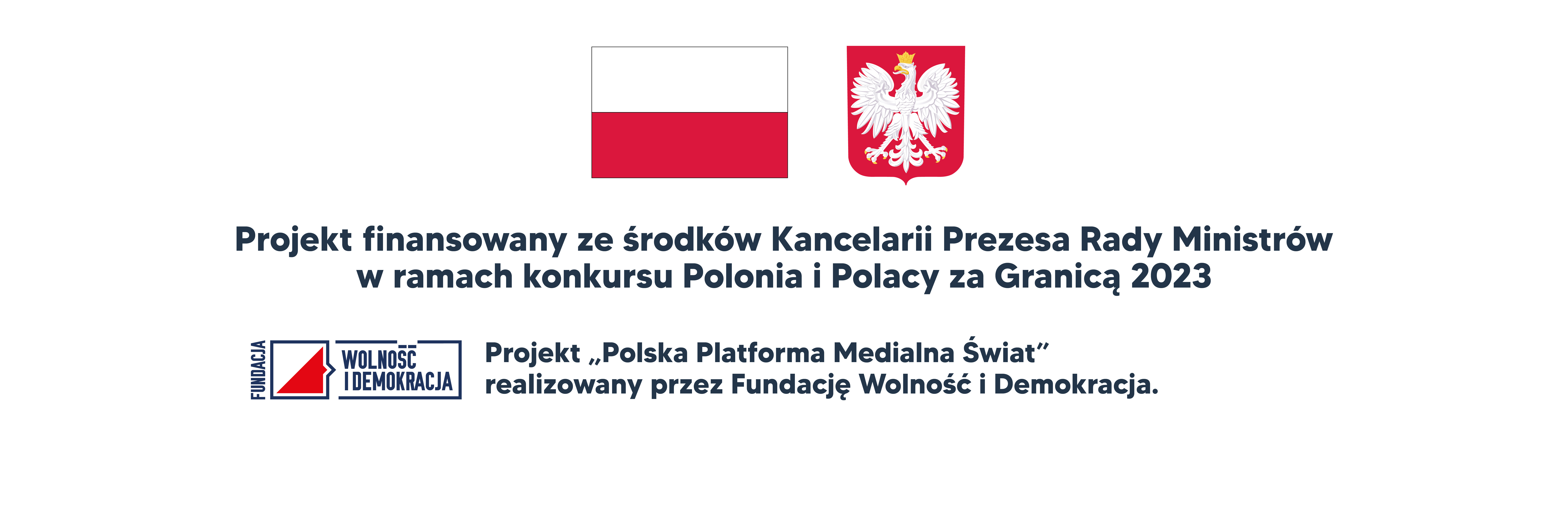Angel Gurría
Secretary-General, OECD
Before the pandemic, Poland’s economic performance was stellar: living standards were converging rapidly to the levels of the most advanced OECD countries, and the unemployment and poverty rates were at historically low levels, and well below the OECD average. As elsewhere, the COVID-19 crisis sharply disrupted the country’s development path. However, Poland has done well at limit-ing economic losses so far and we expect GDP to fall by 3.5% this year before rebounding by 2.9% in 2021 and 3.8% in 2022.
Thanks to fiscal and monetary support, the downturn was smaller than in most OECD countries. Direct fiscal support – such as emergency funds for healthcare and assistance for households and firms – will amount to around 5.2% of GDP in 2020. Taking into account also the so-called “Finan-cial Shield”, notably comprising credit guarantees, the government has offered about 10% of GDP in direct or indirect fiscal support. The Central Bank reduced its policy rate to 0.1%, and introduced unprecedented quantitative easing. If economic conditions weaken again, the authorities should ease fiscal and monetary policies further.
While we hope and expect that Poland will exit this crisis with fewer scars than many other coun-tries, the Survey identifies a number of major policy challenges. I would highlight five priorities.
First, policies need to support demand until most of the population is vaccinated, which will permit some normalisation of economic conditions. And this must be done in a way that helps the worst affected, including low-skilled, temporary and self-employed workers. Already before the crisis, those workers made up a relatively large share of the workforce in Poland, and uptake of training was weak.
Second, fundamental shortcomings of the health system need to be dealt with. In 2019, healthcare spending amounted to just 6.2% of GDP, a third below the OECD average. Life expectancy at birth – 77.7 years in 2018 – remains nearly three years lower than the OECD average. The immediate pri-ority is still to fight the pandemic – notably with the rollout of a vaccine – but it will also be essen-tial to strengthen primary care and prevention.
Third, the government should use the opportunity of the crisis to bring forward green investment and accelerate the transition to a greener economy. Air pollution from fine particles is high and the CO2 intensity of the economy remains 30% above the OECD average, with excessive dependence on coal for electricity generation. Adopting a clear environmental strategy, together with better price signals, notably via taxes on cars and carbon emissions, should be a priority. This should include support for low-income households to prevent negative distributional effects.
Fourth, growth needs to be made more inclusive by increasing employment opportunities for older workers and women. The working-age population is shrinking, and there are severe skills shortages. The effective retirement age is low: for women, it was 60.6 years in 2018, three years less than the OECD average. Under the current rules, pension replacement rates are set to fall significantly in coming decades. This could increase old-age poverty, especially for women. To provide better pen-sions, male and female retirement ages should be progressively aligned and raised in line with in-creases in life expectancy. To improve children’s educational outcomes and women’s labour-market integration, it is also crucial to further expand the supply of childcare and long-term care facilities, targeting low-income households and disadvantaged areas.
Last, but not least, supporting SMEs is key to boosting productivity and reducing regional dispari-ties. The government should continue to lighten administrative burdens; further develop cluster pol-icies to help smaller firms to share best management and export practices; and boost investment in skills, notably through management training programmes.
Poland’s strong economic momentum has allowed it to weather the COVID-19 crisis relatively well so far. But the pandemic has worsened some pre-existing challenges and created new ones. We are confident that you will overcome them, as you have in the past. Rest assured that the OECD stands ready to work with you to design, develop and deliver better policies for better lives in Poland.
Text is published simultaneously in the Polish monthly magazine „Wszystko Co Najważniejsze” in partnership with the Warsaw Stock Exchange.









 Head Office:
Head Office: